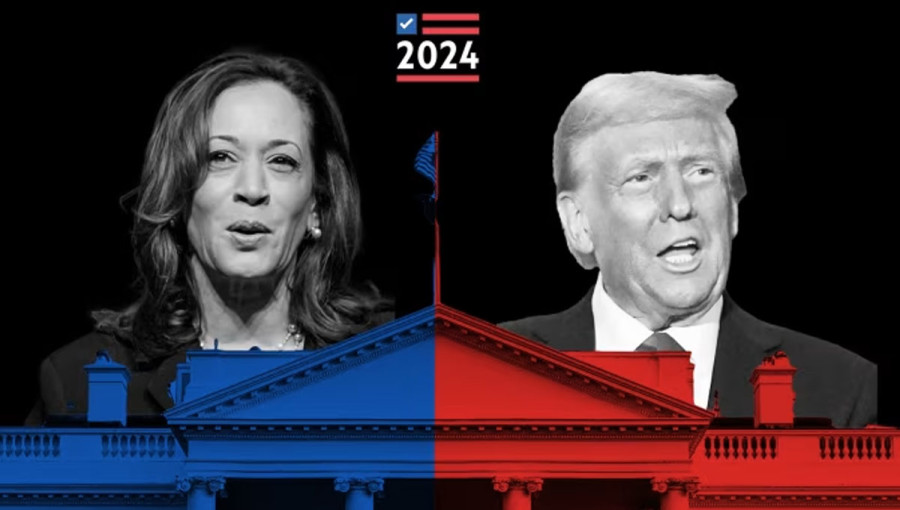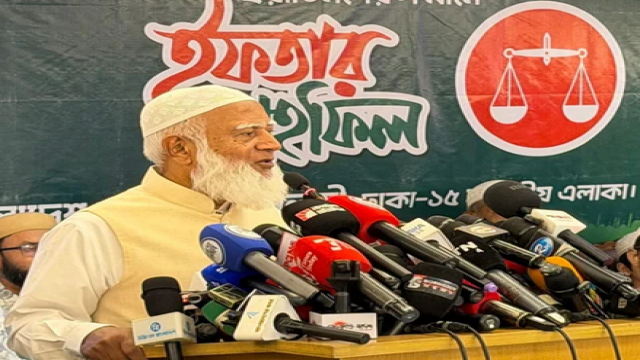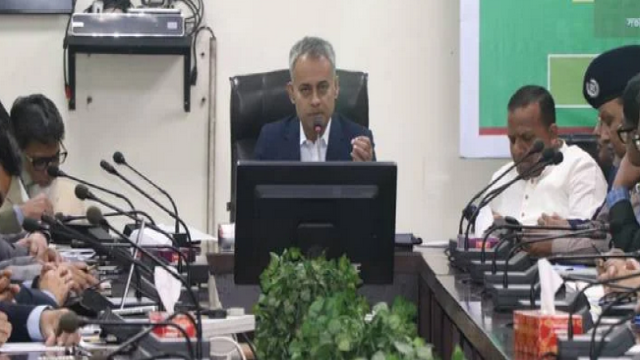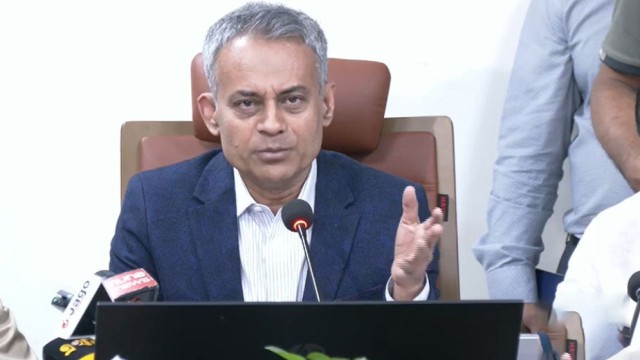Dhaka, Nov 03 (V7N) — As the United States approaches its 2024 presidential election, the world is watching closely, with nations aligning their preferences based on political strategies and historical alliances. Analysts say that the stakes are high, not only for domestic American issues but also for international dynamics that influence global power balances.
Key geopolitical players—Russia, China, and Iran—along with allies and strategic partners in Europe, the Middle East, and Asia, are reportedly watching the candidates closely, each with distinct stakes in the outcome.
Russia Favors Trump Amid Strained Ukraine Policies
Russia, the United States’ chief rival in world politics, has reportedly shown indirect support for a Trump victory. Relations between Moscow and Washington have hit new lows under the Biden administration, primarily due to the U.S.’s continued support of Ukraine. Although Trump’s presidency was not free from diplomatic rifts, analysts note that relations were less strained. Russian President Vladimir Putin is widely believed to see a second Trump term as a chance to ease tensions and move away from the stringent U.S. sanctions and support of Ukraine that have marked the Biden administration.
Iran Opposes Trump, Seeks a Democratic Win
Iran, on the other hand, is openly against Trump, especially following the assassination of IRGC commander Qasem Soleimani during his previous term. Tehran has been accused of spreading anti-Trump messaging during this election cycle, with hopes that a Democratic win would temper U.S.-Iran relations.
China Wary of Both Candidates
China faces a challenge with either candidate. Trump began a trade war with China during his last term, and Biden’s administration has maintained many of these tariffs. Beijing views both candidates cautiously, though Trump’s recent comments on a “good relationship” with Xi Jinping may signal a slightly different approach. Still, either administration is expected to maintain a firm stance on issues affecting trade and regional power dynamics.
Mixed Views in the Middle East: Israel and India Monitor Candidates’ Stances
Israel and India, both key U.S. allies, have stakes in this election as well. Trump, who declared Jerusalem the capital of Israel and maintained strong ties with Israeli Prime Minister Netanyahu, is often seen as more pro-Israel, despite Biden’s support. Indian Prime Minister Narendra Modi, who had a good relationship with Trump, has seen recent tensions in U.S.-India relations under Biden regarding concerns about Sikh community rights. Nonetheless, both leaders maintain diplomatic relations with each candidate.
Europe and East Asia Favor Stability with Democratic Leadership
European leaders are reportedly in favor of a Democratic administration. Trump’s previous stance on NATO, including threats to withdraw, has left many European nations cautious about a potential Republican administration. East Asian allies, including Japan, South Korea, and Taiwan, are also watching closely; analysts suggest Trump could scale back military support in the region, which could heighten regional security concerns given China's growing influence.
Election Holds Global Consequences
The 2024 U.S. election is shaping up as one of significant international consequence, as many global leaders eye potential shifts in U.S. foreign policy that could affect trade, security, and diplomatic relations worldwide. With each country weighing the stakes, the coming months are expected to draw heightened international attention to the Oval Office race, underscoring the wide-reaching implications of America’s political future.






























Comment: